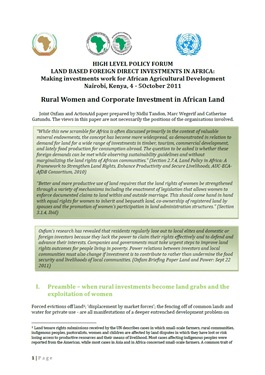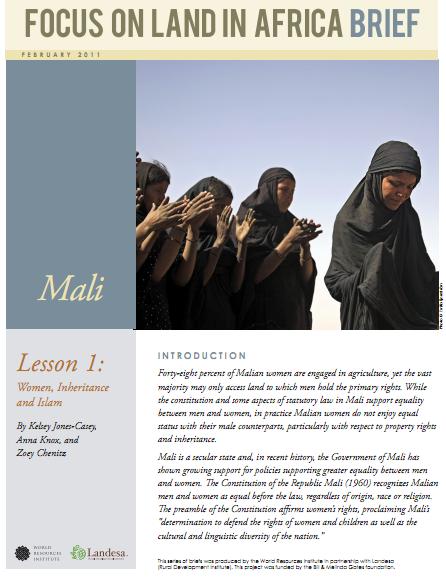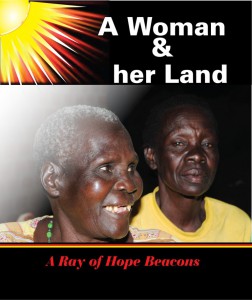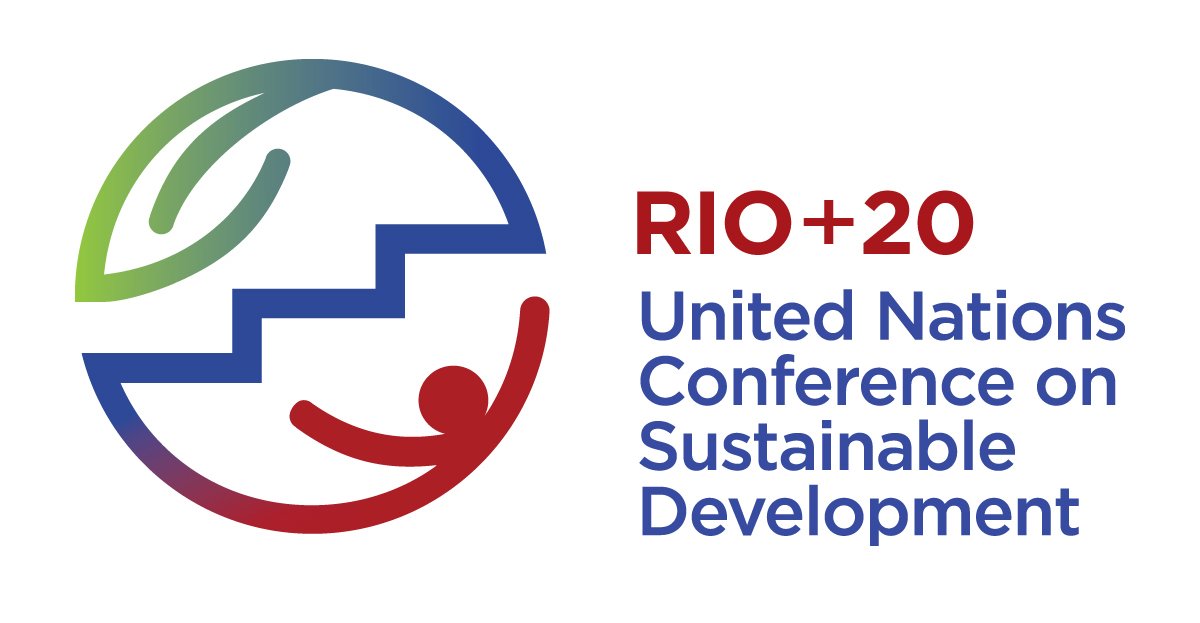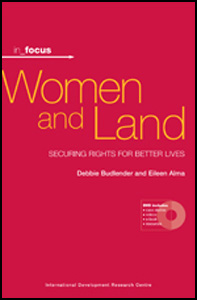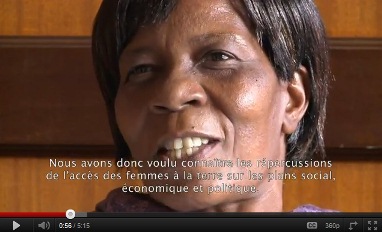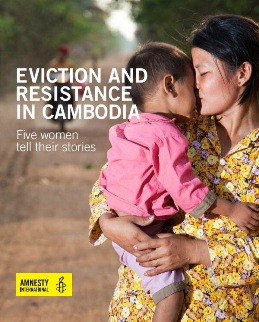Gender Analysis in Natural Resource Management
In our interventions CM includes a major role for the community, as well as for different social and less privileged groups, such as women. One of the project interventions has been the establishment of women groups in all communities and their increased participation in the decision-making for NRM. We also organized different activities to support women’s household income generation activities.


